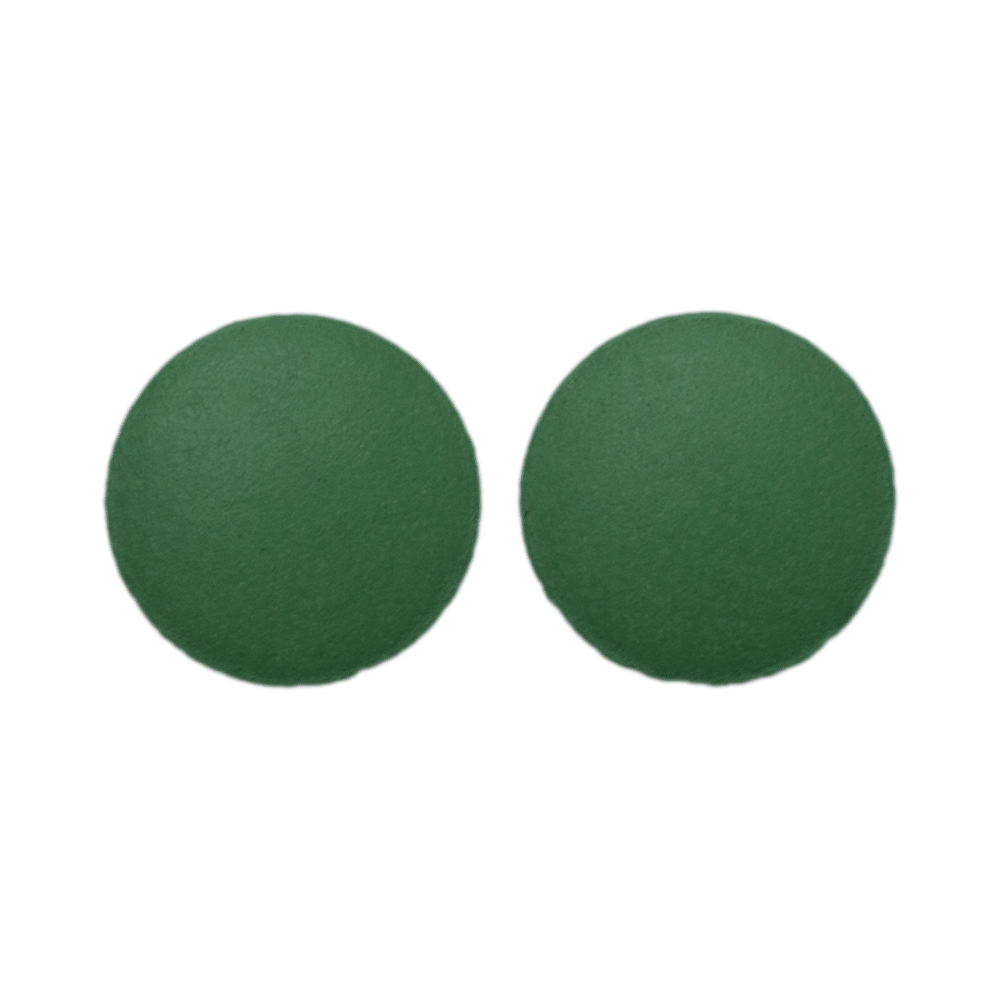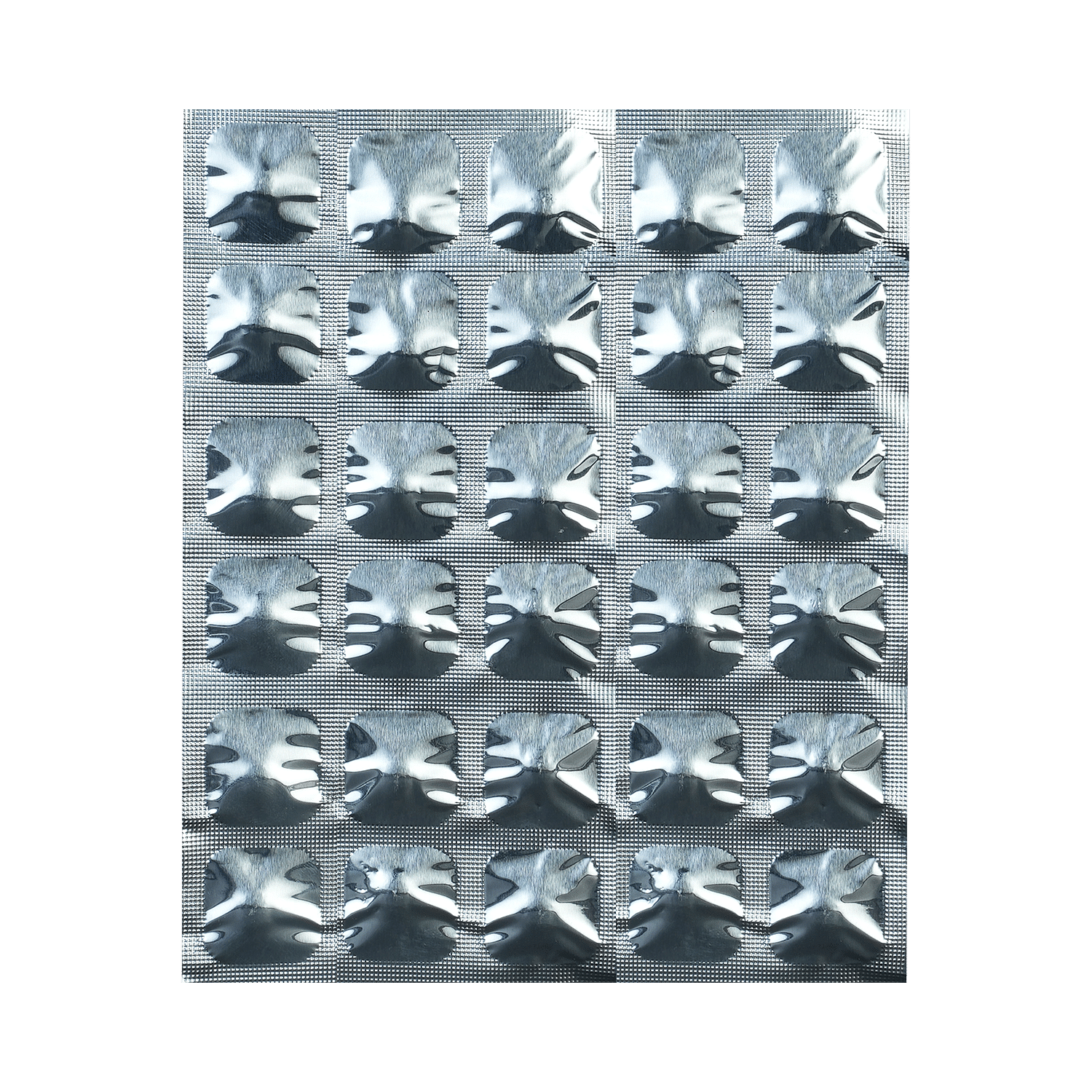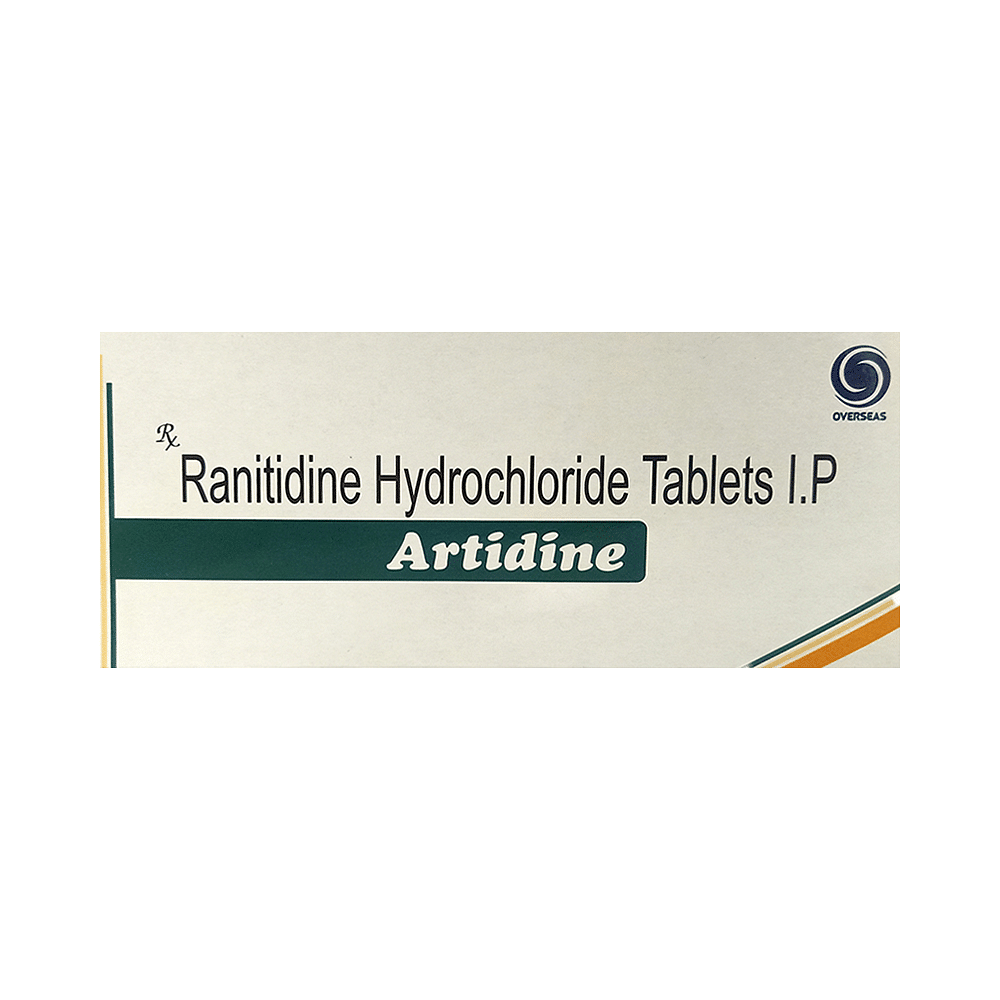
Ranitas 150mg Tablet
Manufacturer
Intas Pharmaceuticals Ltd
Salt Composition
Ranitidine (150mg)
Key Information
Short Description
Ranitas 150mg Tablet is a medicine that reduces the amount of acid your stomach makes. It is used to treat and prevent heartburn, indigestion, and other symptoms caused by too much acid in the stomach.
Dosage Form
Tablet
Introduction
Ranitas 150mg Tablet is also commonly prescribed to prevent stomach ulcers and heartburn seen with the use of painkillers. The medicine must be taken in dose and duration as prescribed by the doctor. How much you need and how often you take it will depend on what you are being treated for. Follow the advice of your doctor. This medicine should relieve indigestion and heartburn within a few hours and you may only need to take it for a short time when you have symptoms. If you are taking it to prevent ulcers and other conditions you may need to take it for longer. You should keep taking it regularly to prevent problems from happening in the future. You may be able to help improve your symptoms by eating smaller meals more often and avoiding spicy or fatty foods.
Directions for Use
Take this medicine in the dose and duration as advised by your doctor. Swallow it as a whole. Do not chew, crush or break it. Ranitas 150mg Tablet may be taken with or without food but it is better to take it at a fixed time.
Safety Information
Side Effects
Headache Constipation Feeling drowsy or tired Diarrhea
Alcohol Warning
It is unsafe to consume alcohol with Ranitas 150mg Tablet.
Breastfeeding Warning
Ranitas 150mg Tablet is probably safe to use during breastfeeding. Limited human data suggests that the drug does not represent any significant risk to the baby.
Pregnancy Warning
Ranitas 150mg Tablet is generally considered safe to use during pregnancy. Animal studies have shown low or no adverse effects to the developing baby; however, there are limited human studies.
Interacting Medicines
Efavirenz Nevirapine Acarbose Atazanavir
How it works
Ranitas 150mg Tablet is a histamine H2 receptor blocker that reduces the amount of acid made in the stomach. It relieves acid-related indigestion and heartburn.
Quick Tips
Take Ranitas 150mg Tablet 2 hours before or after taking other medications to treat acidity Avoid taking soft drinks and citrus fruits like orange and lemon Inform your doctor if you do not feel better after taking Ranitas 150mg Tablet for 2 weeks Inform your doctor if you have ever been diagnosed with kidney disease Do not stop taking the medication without talking to your doctor
Related Medicines

Histac 150 Tablet

Aciloc 150 Tablet

Rantac 150 Tablet

Zintac-150 Tablet

Ucidin 150mg Tablet

Zaltac 150mg Tablet

Raniglo 150mg Tablet

Zinmag 150mg Tablet

Artidine Tablet

Tac 150 Tablet
Frequently asked questions
Is long-term use of Ranitas 150mg Tablet safe?
While there is limited data on long-term use, Ranitas 150mg Tablet is generally considered a relatively safe medication. However, it's essential to follow the dosage and duration recommended by your doctor. Do not take this medication for longer than two weeks without consulting your doctor.
Can I take Ranitas 150mg Tablet with or without food?
Ranitas 150mg Tablet can be taken with or without food. For optimal absorption, you may choose to take it once daily before bedtime or twice daily in the morning and before bedtime, as advised by your doctor.
Is Ranitas 150mg Tablet effective for my condition?
For Ranitas 150mg Tablet to be effective, it must be used correctly: for the right indication, at the recommended dose, and for an adequate duration. If you don't see improvement in your symptoms while taking this medication, consult with your doctor. Do not adjust the dosage or stop taking the medication without consulting your healthcare provider.
What are the precautions I should take while using Ranitas 150mg Tablet?
To minimize stomach irritation, avoid taking other painkillers like aspirin for arthritis, menstrual cramps, or headaches. These medications can exacerbate your condition. Additionally, limit or avoid coffee, tea, cocoa, and cola drinks as they contain ingredients that may irritate the stomach. Eat smaller meals more frequently, chew food slowly, and try to eat without rushing.
Can I consume alcohol while taking Ranitas 150mg Tablet?
Alcohol does not directly interact with Ranitas 150mg Tablet, but it's recommended to limit or avoid alcohol consumption as it can further damage the stomach lining, delaying your recovery.
How quickly does Ranitas 150mg Tablet start working?
Ranitas 150mg Tablet begins to work within 15 minutes of administration. Its effects are sustained throughout the day or night, providing relief from symptoms.
What is the difference between Ranitas 150mg Tablet and omeprazole?
Ranitas 150mg Tablet and Omeprazole belong to different categories of medications: histamine H2 antagonists for Ranitas 150mg Tablet, and proton pump inhibitors for Omeprazole. Both types work by reducing stomach acid production, alleviating symptoms, and facilitating healing.


